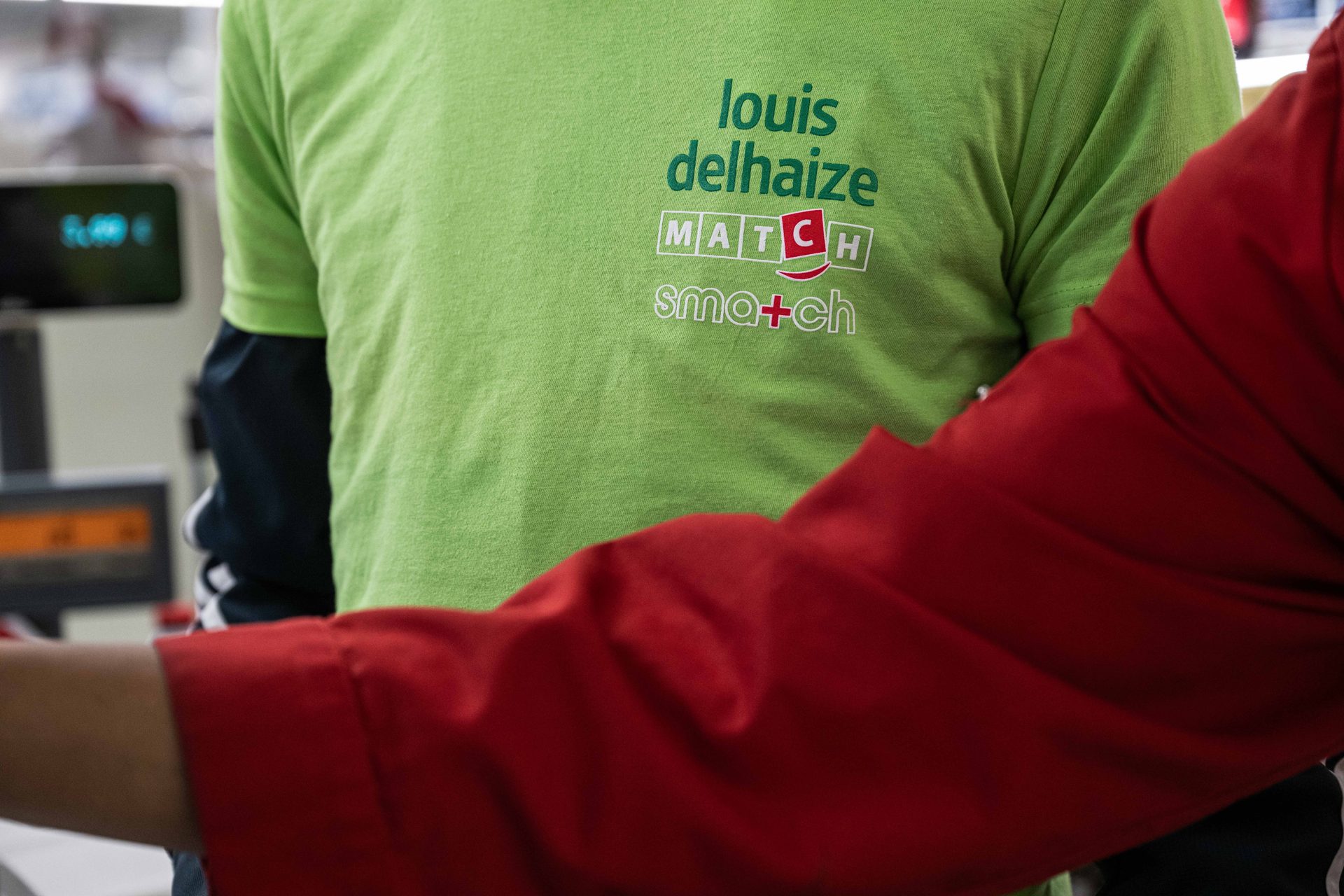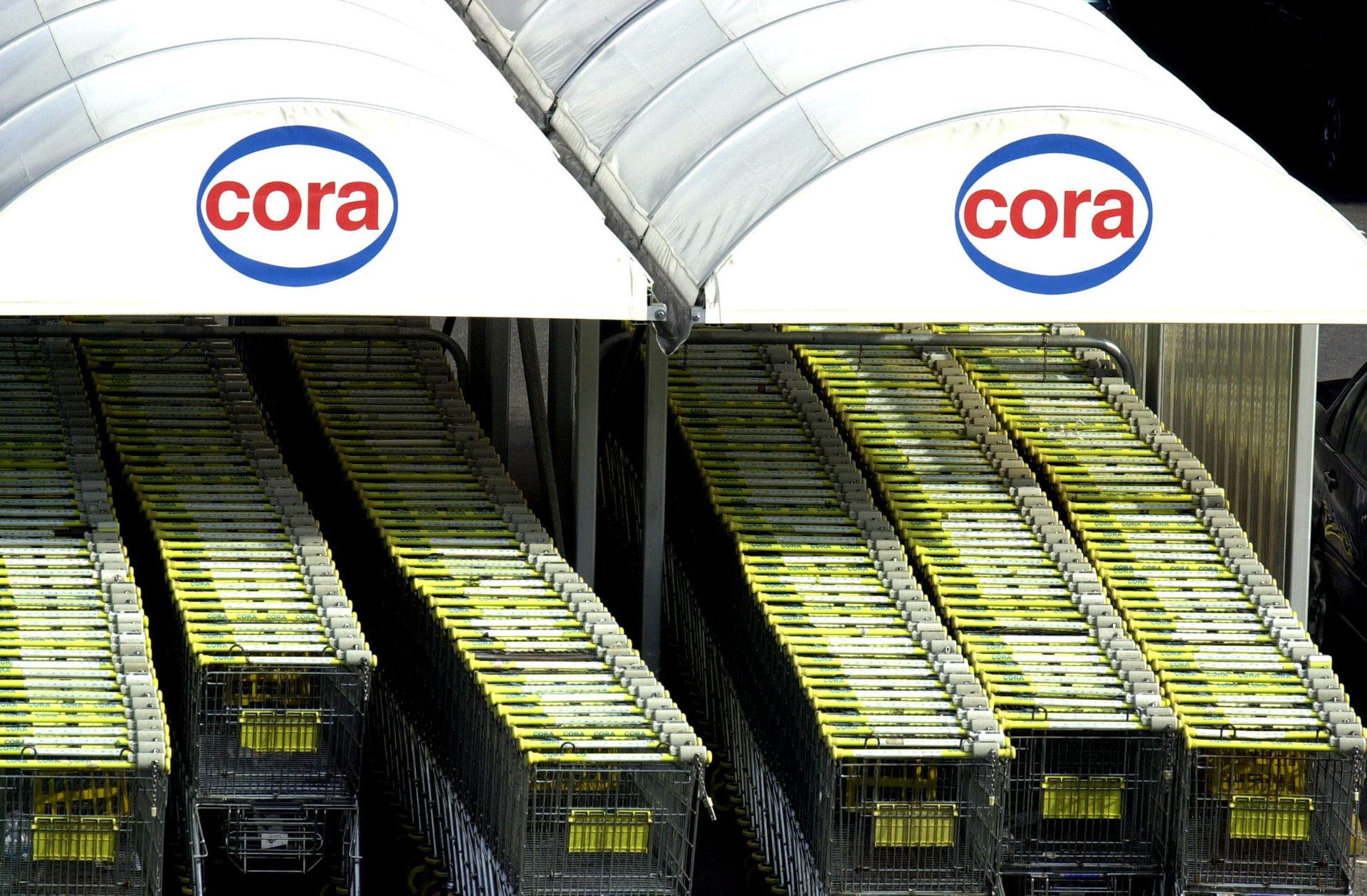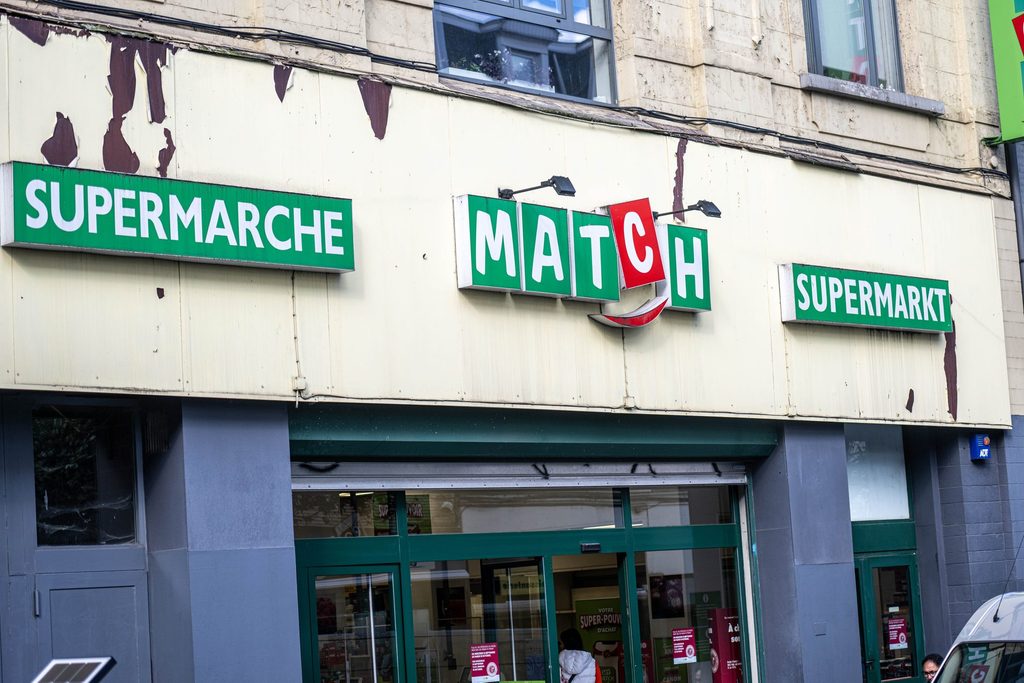Colruyt Group has inked an agreement to acquire 28 Match stores and 29 Smatch stores in Belgium, both subsidiaries of the Louis Delhaize Group.
While this acquisition includes approximately 50 stores, the fate of the remaining 27 stores that have not found buyers remains uncertain. This strategic move in the Belgian retail sector has sparked conversations about the challenges and transformations it is currently undergoing.
The announcement of the acquisition did not come as a surprise to industry observers. "It was quite predictable. It was known that the Bourrié family, which owns the Louis Delhaize group, was withdrawing," Christophe Sancy, the Editor-in-Chief of Gondola, a specialised magazine focusing on mass distribution, told RTBF.
This move follows a pattern of divestments, including the sale of Cora, another brand under their ownership, in various European countries. The sale of Cora and Match to Carrefour in France and Leclerc in Luxembourg indicated a broader disengagement strategy.
Match and Smatch had been grappling with complex challenges for some time, making their acquisition an anticipated step.

Credit: Belga / Jonas Roosens
Amidst these developments, the spotlight has turned to the Cora Group, and speculation is rife about its future. A meeting between unions and Cora's management is scheduled for the near future, with the possibility of announcing a brand resale on the horizon.
"It seems logical that after selling assets in other parts of Europe, Belgium could be next. " Sancy told RTBF. This suggests that Cora may follow the trend of divestments in the Belgian market.
The Belgian retail landscape has witnessed various changes recently, with Delhaize, Mestdagh, Match, and potentially Cora facing transformation. But what is driving these large groups to rationalise, franchise, or sell their stores? In part, it can be attributed to inflationary pressures, including rising energy costs and increased receipts.
Franchising pattern
While the food retail sector reported significant profits in 2020, with a 108% increase, according to data from the National Bank compiled by the CSC Alimentation, it is crucial to understand the dynamics behind these franchise and resale activities.

An old Cora supermarket in 2001. Credit: Belga / Herwig Vergult
Sancy clarified that it's not as straightforward as it seems: "Just look at the results of large groups, and in particular the results of large groups if they are in Belgium," he told RTBF. "A large part is profitable. These are, however, areas where we work on narrow margins. And so, if consumption breaks down, what we see today is that sales volumes are down because everyone is tightening their belts, it can threaten profitability."
The pandemic created an exceptional period for some stores, especially convenience stores, as people shifted from dining out to cooking at home. However, the retail landscape is diverse, with some brands facing profitability challenges while others thrive.
Related News
- Delhaize staff union rejects 'bonus' proposals by management
- Why was Delhaize in Flagey targeted on Saturday?
- Delhaize pushes ahead with franchising operation: First shop opens on 10 October
One of the unique aspects of the Belgian retail sector is the high density of stores per square kilometre. "There are many stores per square kilometre in Belgium," Sancy said. "It's almost that the best wins." This intense competition is characteristic of Belgium and contributes to the continuous reshaping of the retail landscape.
What is clear is that the Belgian retail sector is undergoing a transformation driven by various factors, including divestments, franchises, and inflationary pressures. As major players adapt to these changes, the future of retail in Belgium remains intriguing and uncertain, with ongoing developments likely to shape the industry further.

